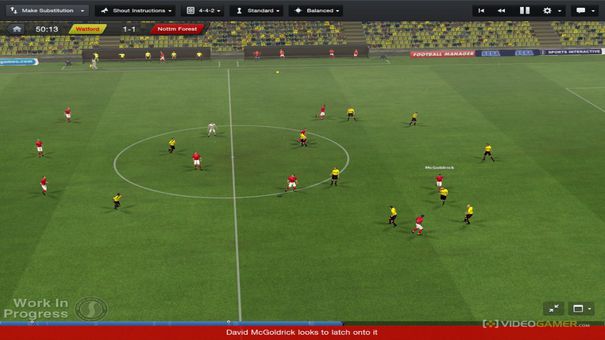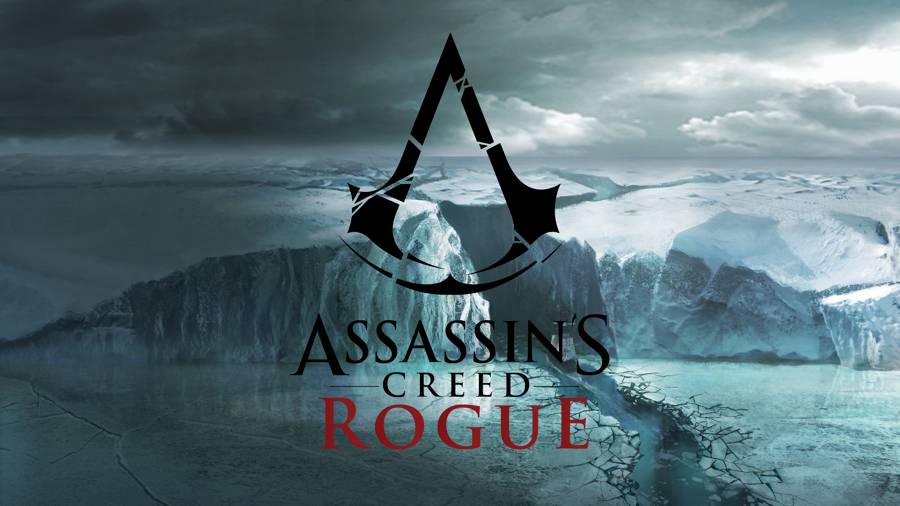In their editorial, Steve argued that Vita was following a footsteps of that predecessor, focusing an excessive amount of on me-too ports of console games. "I wouldn't really would like a portable ps3 controller," he was quoted saying. "Looking at the stumbles on the PlayStation Portable, I am not sure industry does either."
I disagree. I do believe what Vita needs to be is best peripheral towards PS3 ever. Vita's current shortcomings include the result of Sony's inability to fully embrace that philosophy.
Portable games have to be created for portable systems, Steve argued. I totally accept that. The achievements iOS and Android games is evidence of that. But, should Sony be offering the same knowledge about the Vita? I would not think so. The needs of the regular "portable gamer" seem to be being sated by Nintendo or by mobile phones. Sony shouldn't attempt to make one more Game Boy--there are numerous other devices that serve identical purpose. The Vita is surely an absurdly powerful device with buttons. It's actually a portable PS3, and it also should behave like one.
Sony is still diverting resources into creating original games around the Vita, that is a prospect that doesn't entice me. Gravity Rush is often a terrific game, the one that takes benefit from many of Vita's unique features. But tend to it are already done for the PS3? Yes. Creating an authentic touch-based game for Vita squanders the hardware's power, and restricts the possibility audience to get a developer. Creating a classic 3D game on Vita invites comparisons for the home consoles--and that's a losing battle.
Rather then seeking to one-up what Nintendo and Apple are performing, Sony should look elsewhere for inspiration: the cloud. Cloud-based services have got off in the last few years, and therefore are prone to expand a step forward because the technology gets better. Despite the fact that haven't used OnLive or Gaikai, the appeal is unquestionably there: being able to carry your digital library with you, where ever you might be or what device you have. I attribute Netflix's growth partly to its cloud functionality: I could start watching an episode of Breaking Bad in your own home. Then, I'm able to continue watching from where I left off while I'm on the bus. I could finish the episode when I'm in the home over a tablet. I'm much more willing to pony up for just a subscription, acknowledge that my access isn't tied to just one single device.
The PlayStation ecosystem may be essentially the most embracing of that philosophy on the list of big three. Certain games, like Minis and PSone classics, will be transferable across PS3, PSP, and Vita. And furthermore , as these games are running natively around the platform (versus cloud-based services), there isn't any bandwidth or latency concerns involved.
Sony indicates some signs of embracing a platform-agnostic method of its content. Games like PlayStation All-Stars Battle Royale and Sly Cooper: Thieves with time will launch on both Vita and PS3 simultaneously. But that's simply not enough. With out an individual purchase unlock both versions, Sony has provided us with little reason to value the Vita experience--that is the challenge. Why must I pay an additional $40-50 to get a lesser version of the console experience? Not strange the Vita library invites such disappointment.
But imagine Sony treated the Vita version significantly less some other SKU, but for extension on the PS3 experience? The PlayStation Network might be like Netflix: I pay for one copy of Sly Cooper, and play it wherever and however I'd prefer. And, like I really do with Netflix every 4 weeks, I'm prepared to pay a subscription fee to consume this content I'd prefer in the manner I select. Maybe next time I'm on the bus, I'll need to play a couple of rounds of PlayStation All-Stars, rather than watching another episode of Breaking Bad--which is something that hardly any other handheld device can provide at the moment. By becoming a portable PS3, Sony will offer an experience that Nintendo, Microsoft, nor Apple are able to do--which is what makes for the genuinely unique offering.






 Destiny guide: how to beat Skolas’s Revenge in an hour
Destiny guide: how to beat Skolas’s Revenge in an hour 6 Games Luis Suarez Can Play While Hes Banned
6 Games Luis Suarez Can Play While Hes Banned Assassin's Creed Rogue Guide: Viking Sword Location Guide
Assassin's Creed Rogue Guide: Viking Sword Location Guide Zuma's Revenge!
Zuma's Revenge! 3DS: Guide to the pre
3DS: Guide to the pre